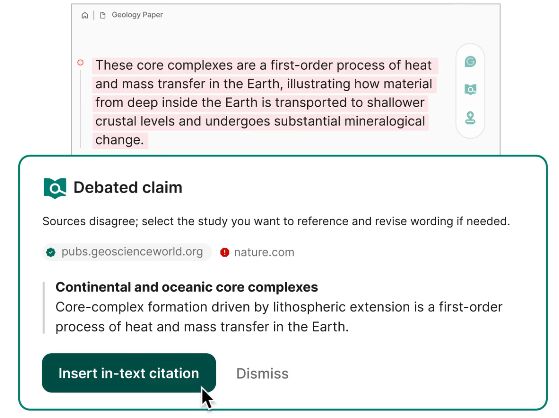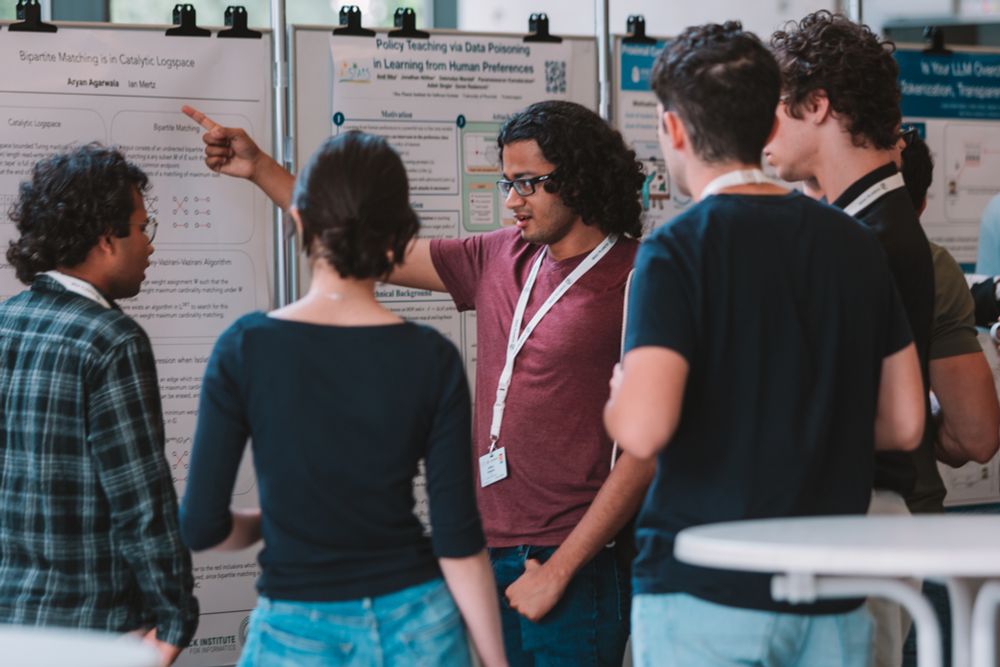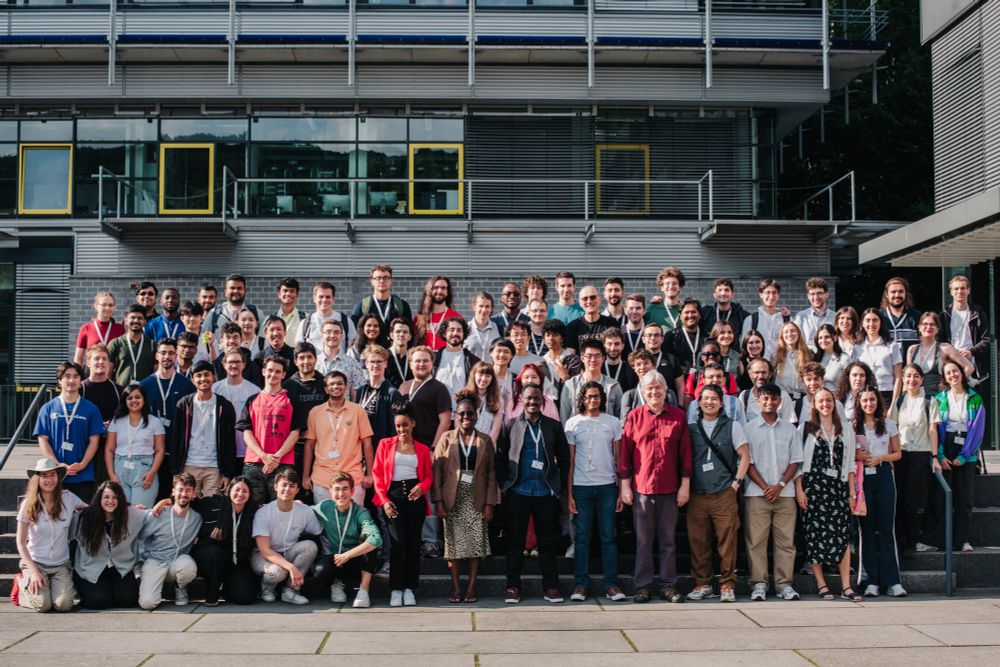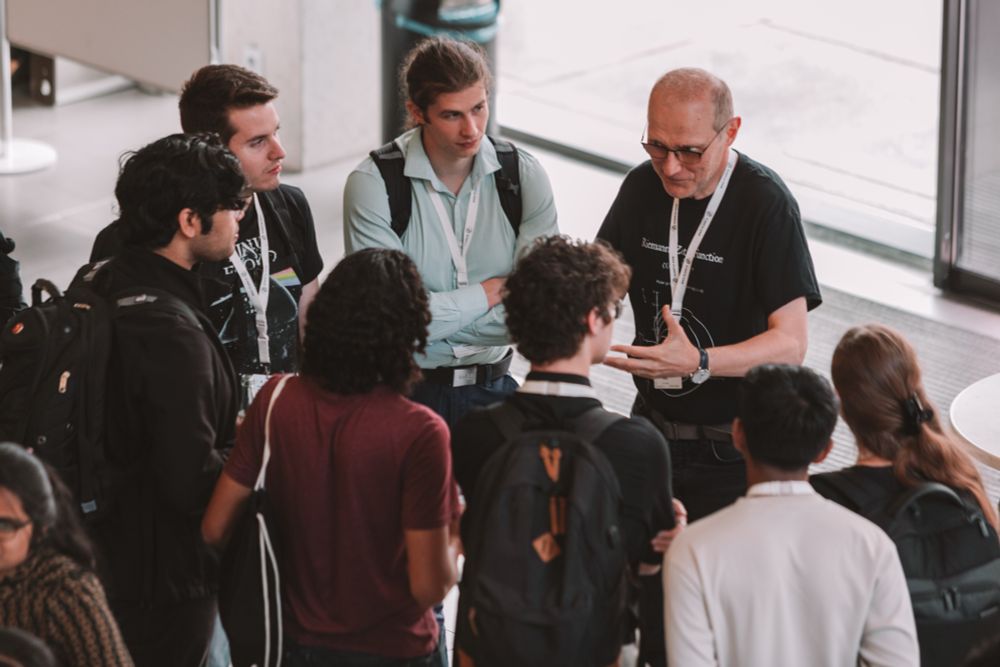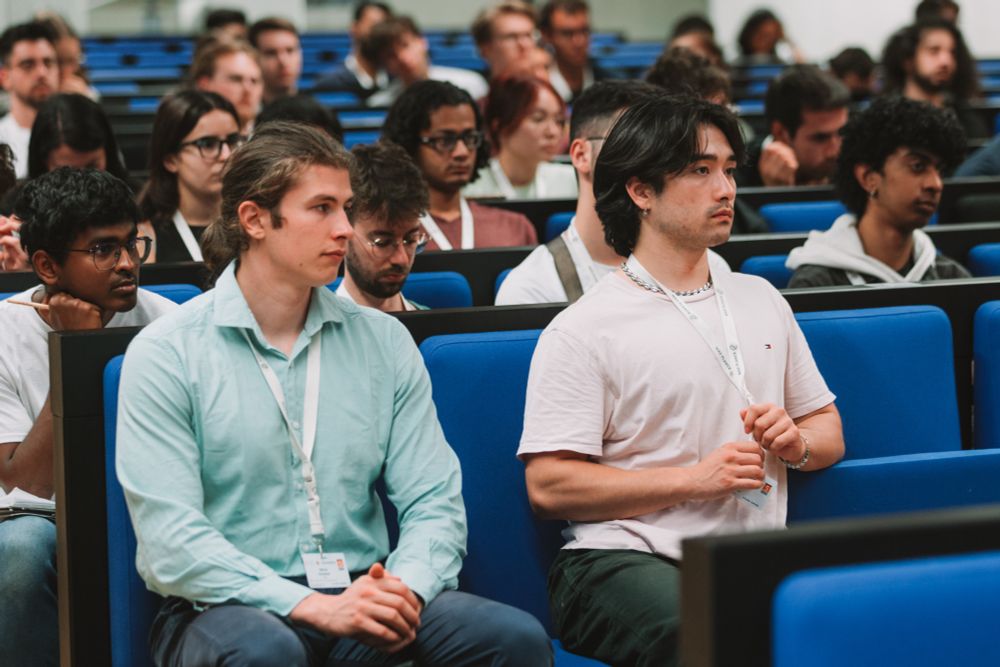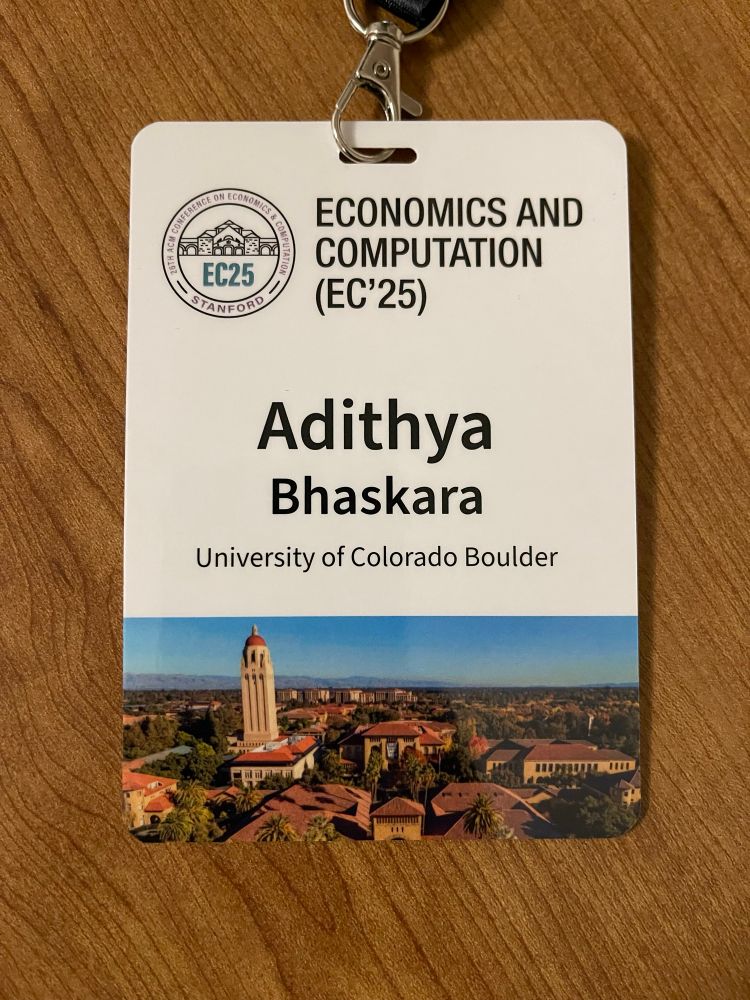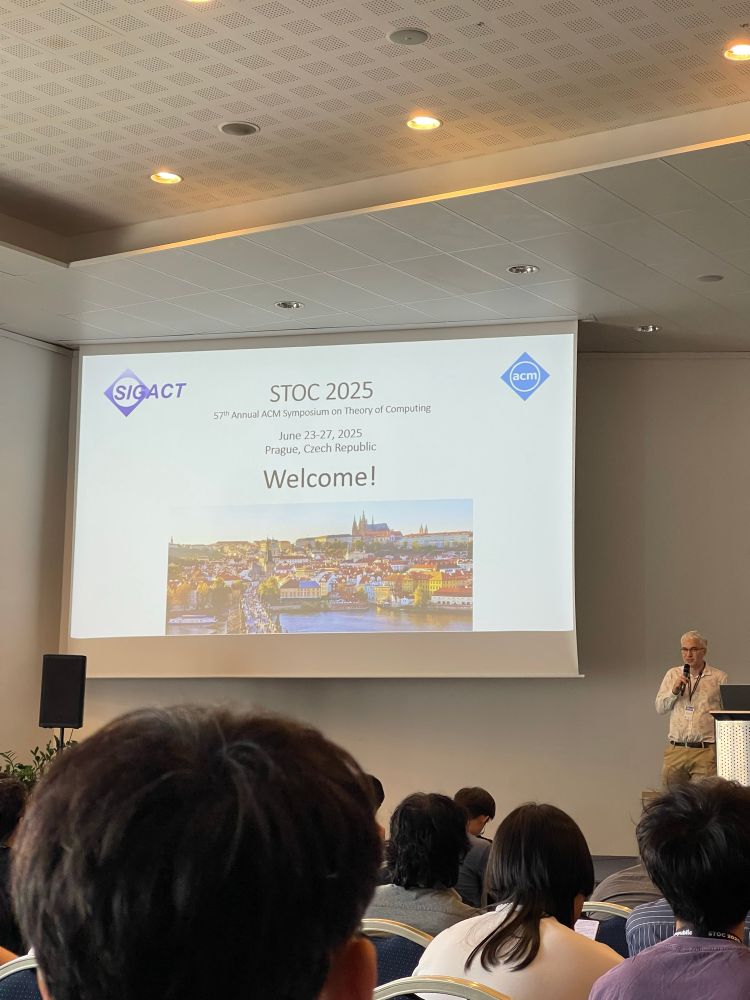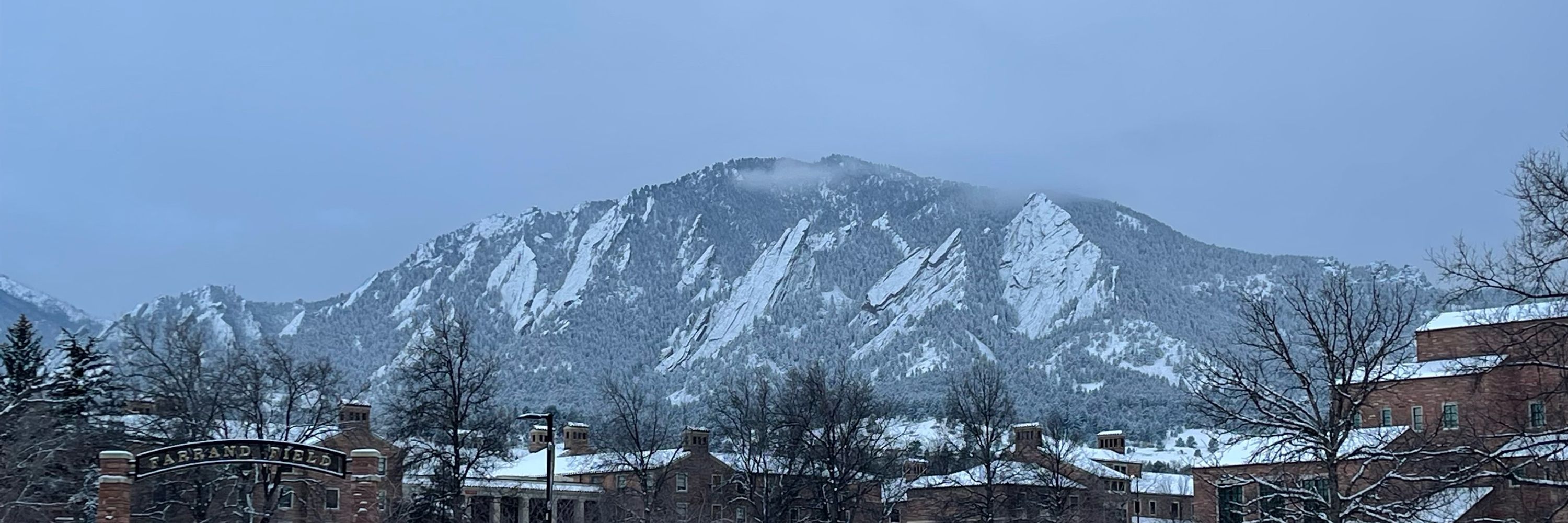
Adithya Bhaskara
@adithyacolorado.bsky.social
36 followers
120 following
27 posts
Honors Computer Science, Applied Mathematics, and Mathematics Student at University of Colorado Boulder | Undergraduate Researcher | 2022 Boettcher Scholar.
https://officialadithya.github.io
Applying to Ph. D. programs to start in Fall 2026!
Posts
Media
Videos
Starter Packs
1/2 Should have paid attention to matrices during linear algebra classes! In 2026, AI will use ~1% of global electricity, of which ~45-90% will be for matrix multiplications, said Oded Schwartz of Hebrew University of Jerusalem at the Simons Institute. simons.berkeley.edu/talks/oded-s...

Reposted by Adithya Bhaskara
Reposted by Adithya Bhaskara
Reposted by Adithya Bhaskara






